Commenting on the draft Data Law, some delegates said that the Government needs to tighten regulations to control the transfer of core data and important national data to ensure security.

On the morning of November 8, continuing the 8th Session, the National Assembly discussed in the hall the draft Law on Data.
The development of the Data Law project is carried out on the basis of summarizing the practices in recent years; overcoming shortcomings, inadequacies, and limitations; implementing uniformity, synchronization, and effective use of information in databases, serving the work of State management and socio-economic development, contributing to the prevention and fight against crimes and individuals violating the law. At the same time, creating a complete legal basis for the exploitation and operation of the National General Database and the development of the National Data Center; ensuring synchronization and unity in the legal system. Selectively refer to the laws on data management of a number of countries, suitable to the practical conditions of Vietnam.

Commenting on this draft law, some delegates said that the Government needs to tighten regulations to control the transfer of core data as well as important national data to ensure security.
Some comments suggested clearly defining which types of data are prohibited or restricted from being transferred abroad; when data is transferred, the transfer process, as well as responsibility in case of incidents.
Speaking at the meeting, delegate Pham Van Hoa (Dong Thap) said that the drafting of the Data Law has a legal basis; in practice, our country has 7 national databases and interconnected databases, contributing to reforming and simplifying administrative procedures for people...
However, there are still shortcomings such as some ministries, branches and localities do not have enough infrastructure to implement, data collection and storage are duplicated and overlapped, many information systems still have security holes, do not have enough conditions to connect to the National Population Database, difficulties in exploitation and interconnection... Therefore, data legalization is extremely necessary.
Regarding the transfer of data abroad, delegate Pham Van Hoa suggested that caution should be exercised in protecting confidential data of organizations and individuals, and not allowing bad guys to exploit it to distort, defame, or profit in various ways. Protect digital sovereignty and national interests, but also ensure harmony with international practices, and not hinder the safe flow of data.

Also commenting on this content, delegate Nguyen Dai Thang (Hung Yen) assessed that this is a new content, helping to promote data exchange, grasp information of the international market and help countries around the world to easily learn about the culture, economy, politics and society of Vietnam. At the same time, transferring data abroad also helps Vietnamese enterprises to access the market, expand financial resources, promote strong economic development...
However, delegates said that in the context of strong globalization and digital transformation, borderless data flows are increasing; therefore, a clear legal framework is required to strictly manage data transferred abroad.
"To protect the legitimate rights and interests of the people, it is recommended that the drafting agency identify important data types that are prohibited or restricted from being transferred abroad; regulations on storing copies of important data in Vietnam and retrieving and controlling data; compensation responsibilities when data incidents occur; regulations on the authority of agencies in resolving and deciding on data transfer and complying with regulations on data assessment to avoid overlap in management work..." the delegate emphasized.
According to the Ministry of Public Security, the drafting agency, the buying and selling of data in general and the transfer of data between organizations and individuals are increasingly common. This activity is gradually becoming professional, regular and a type of service, a business channel. Many types of raw data, processed personal data, and non-personal data are transferred abroad or to foreign organizations and individuals.
This activity has many potential risks affecting national security, defense, social order and safety, especially core data and important national data. Therefore, the draft Data Law has clearly stipulated the requirements, conditions and procedures for transferring data abroad, and assigned the Government to specify the details.
The drafting agency requests that National Assembly deputies, experts, scientists, and businesses contribute their opinions to perfect this regulation, ensuring state management while also meeting the requirements of socio-economic development and unblocking data flows./.
Source


![[Photo] Prime Minister Pham Minh Chinh chairs meeting after US announces reciprocal tariffs](https://vstatic.vietnam.vn/vietnam/resource/IMAGE/2025/4/3/ee90a2786c0a45d7868de039cef4a712)
![[Photo] Ho Chi Minh City speeds up sidewalk repair work before April 30 holiday](https://vstatic.vietnam.vn/vietnam/resource/IMAGE/2025/4/3/17f78833a36f4ba5a9bae215703da710)
![[Photo] Prime Minister Pham Minh Chinh chairs the first meeting of the Steering Committee on Regional and International Financial Centers](https://vstatic.vietnam.vn/vietnam/resource/IMAGE/2025/4/3/47dc687989d4479d95a1dce4466edd32)

![[Photo] General Secretary To Lam receives Japanese Ambassador to Vietnam Ito Naoki](https://vstatic.vietnam.vn/vietnam/resource/IMAGE/2025/4/3/3a5d233bc09d4928ac9bfed97674be98)
![[Photo] A brief moment of rest for the rescue force of the Vietnam People's Army](https://vstatic.vietnam.vn/vietnam/resource/IMAGE/2025/4/3/a2c91fa05dc04293a4b64cfd27ed4dbe)

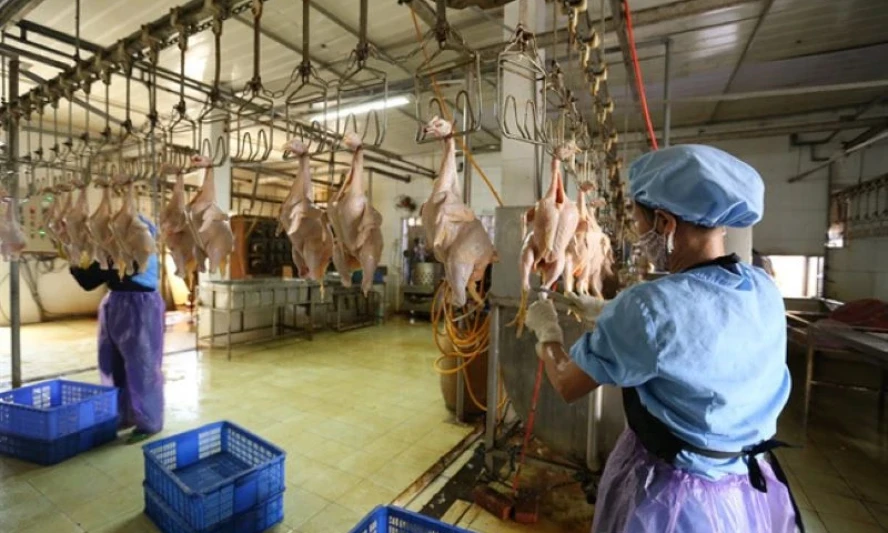
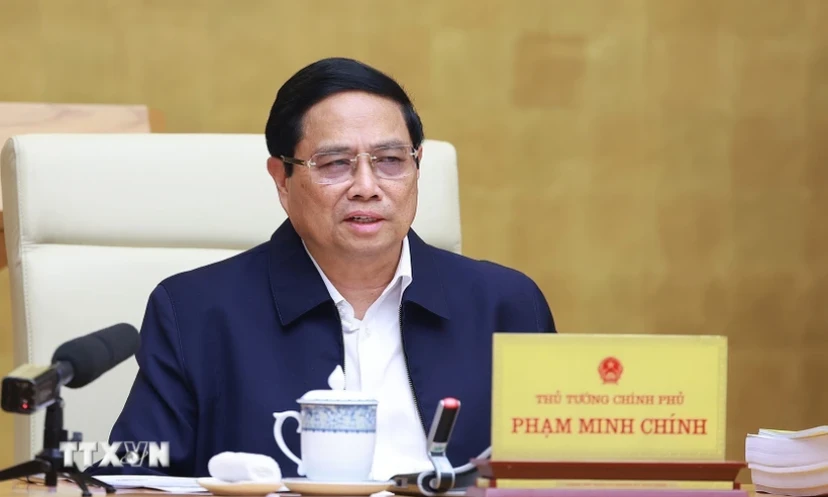
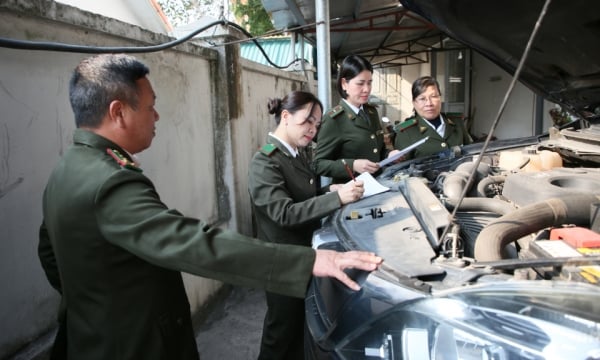







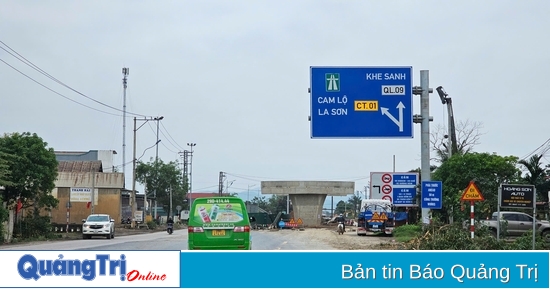







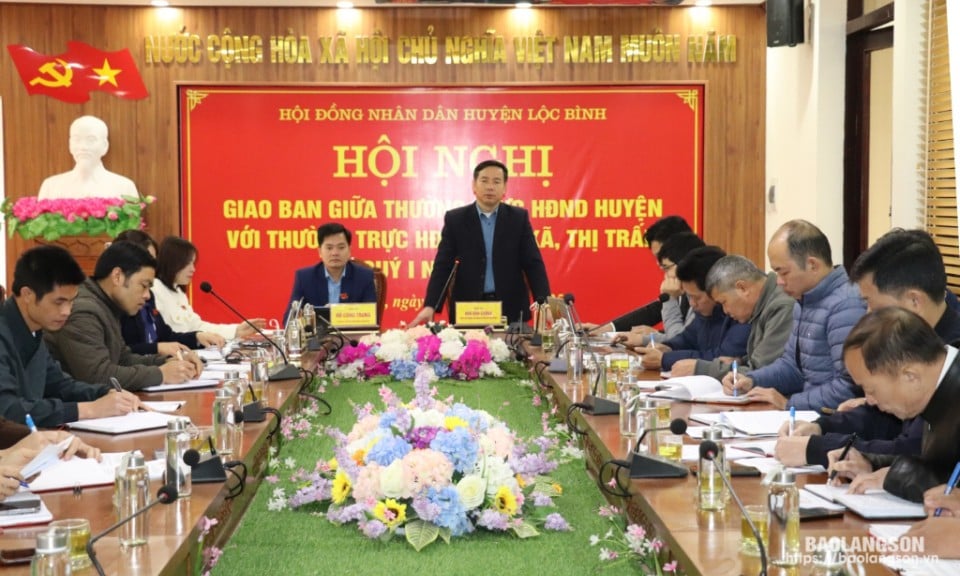

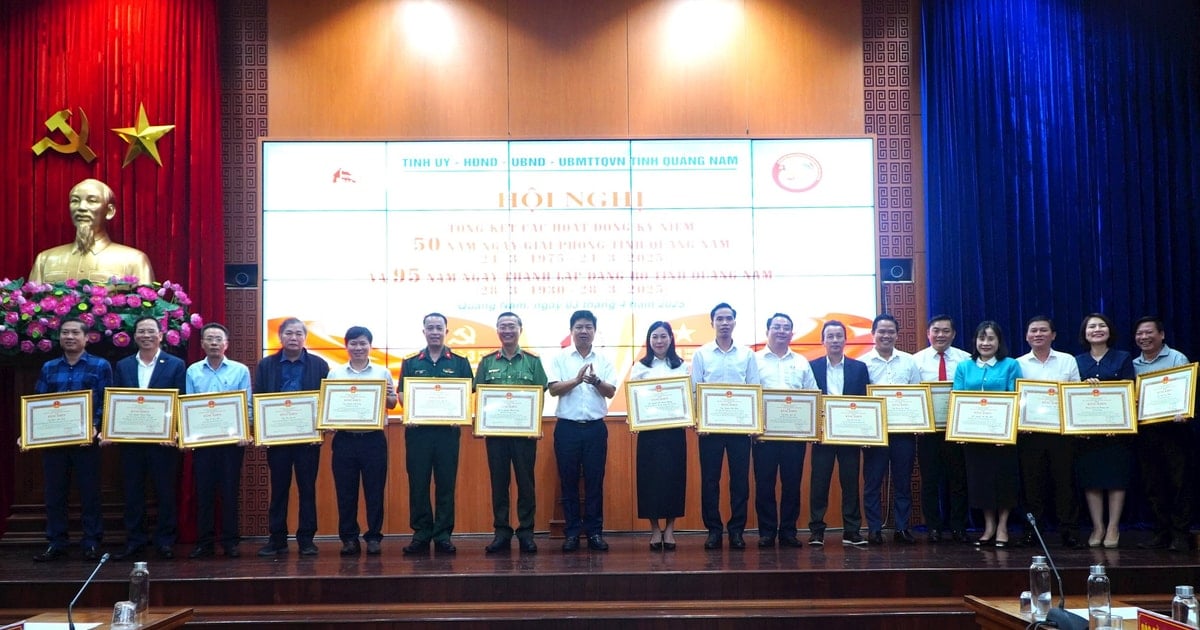














































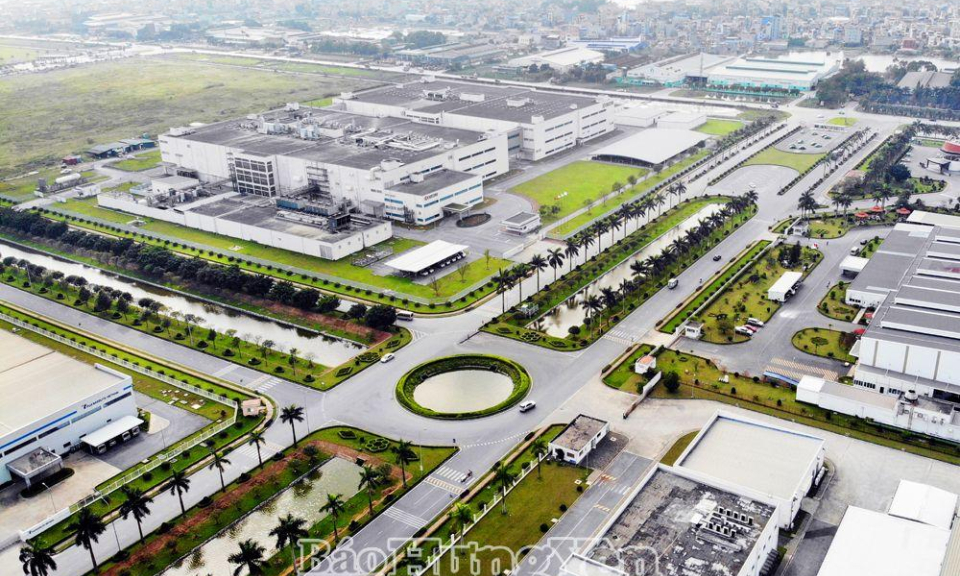












Comment (0)